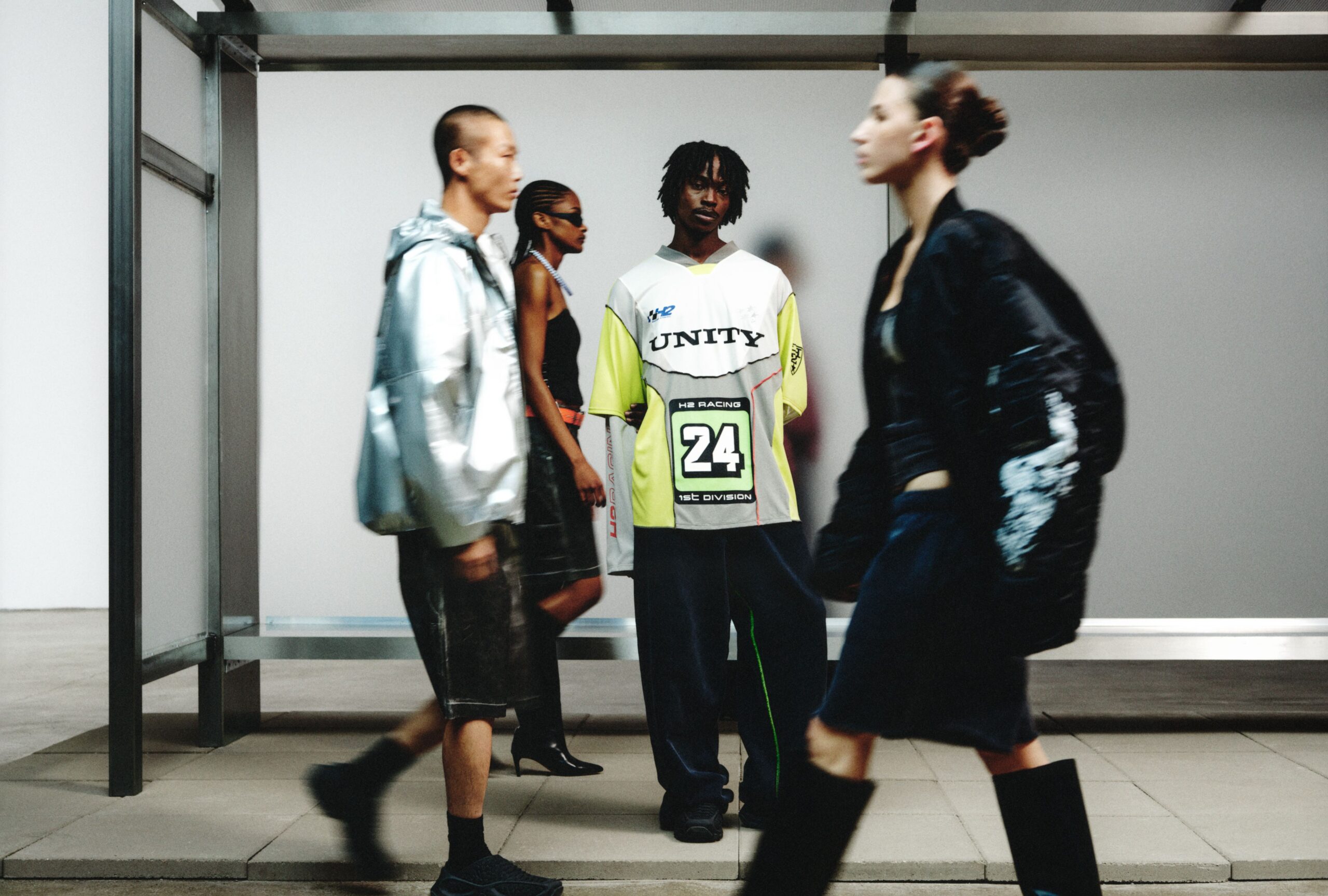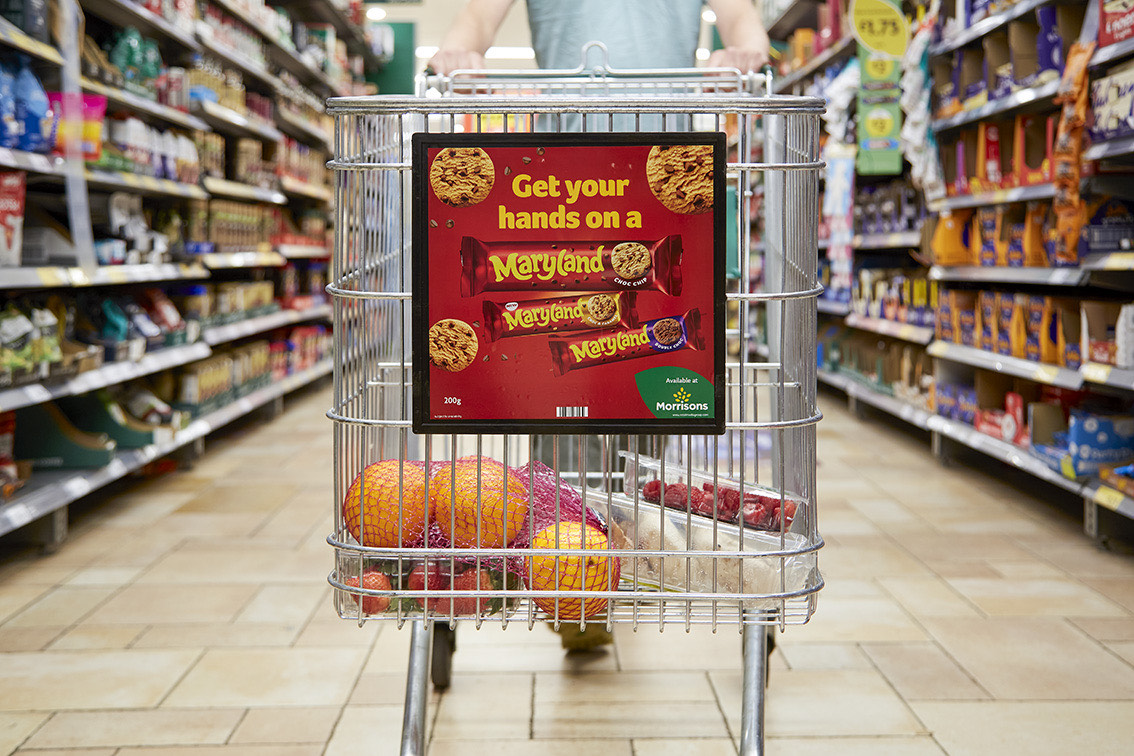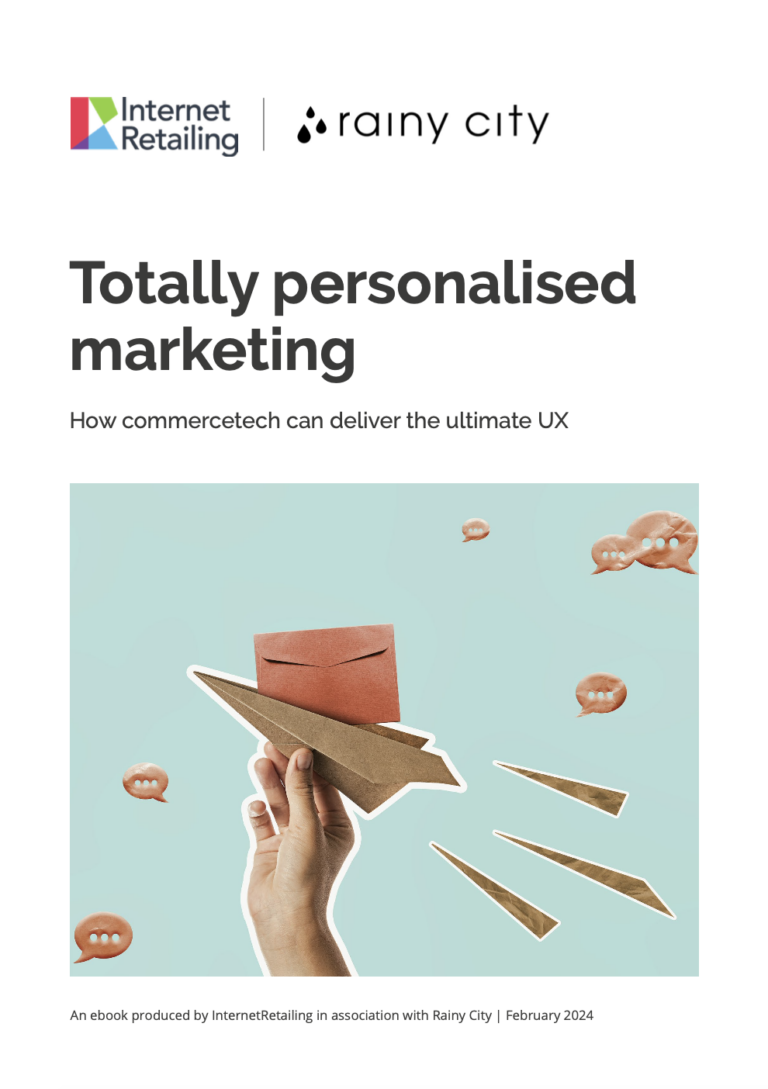Non-essential retail shops could open as early as June 1, as long as coronavirus infection rates are under control, the Prime Minister suggested last night.
Boris Johnson said, in Sunday night’s national broadcast that people could start to take unlimited amounts of exercise, to sunbathe in the park, and to meet one person from another household while maintaining social distancing in the first phase of a relaxation of coronavirus lockdown. He said that the government would be monitoring infection rates and that the country might be able to go further and start to reopen closed shops in the second phase.
“In step two – at the earliest by June 1 – after half term – we believe we may be in a position to begin the phased reopening of shops and to get primary pupils back into schools, in stages, beginning with reception, Year 1 and Year 6,” he said.
“Our ambition is that secondary pupils facing exams next year will get at least some time with their teachers before the holidays. And we will shortly be setting out detailed guidance on how to make it work in schools and shops and on transport.”
Non-essential retail stores will be able to open in phases from June 1, the Government said in further guidance issued on Monday. New advice will be issued on how that reopening will be phased in. It will include the different types of retail business and the timeframes when they can expect to open – as long as the infection rate remains low.
Hospitality and personal care businesses cannot yet open, since the infection rate is not yet low enough. Testing, tracing and monitoring will now be put into place, and workplaces and public spaces redesigned to make them ‘Covid-19 secure’. Guidelines for what constitutes Covid-19 secure will also be issued later this week.
The update came as the UK government unveiled its plan to rebuild the UK for a world with Covid-19.
The plan, says the government report, is to “return life to as close to normal as possible, for as many people as possible, as fast and fairly as possible… in a way that avoids a new epidemic, minimises lives lost and maximises health, economic and social outcomes.”
In the foreword to the document, Our plan to rebuild: The UK Government’s Covid-19 recovery strategy , Prime Minister Boris Johnson pointed to ongoing work and investment aimed at producing a vaccine, before adding: “But while we hope for a breakthrough, hope is not a plan. A mass vaccine or treatment may be more than a year away. Indeed, in a worst-case scenario, we may never find a vaccine. So our plan must countenance a situation where we are in this, together, for the long haul, even while doing all we can to avoid that outcome.”
This, warned Johnson, would not be “a quick return to normality” and it would also be a plan that adapted as more is known about the virus. But, he said, “it is a plan that should give the people of the United Kingdom hope. Hope that we can rebuild; hope that we can save lives; hope that we can safeguard livelihoods.”
So far, 6.3m jobs have been safeguarded by furlough scheme as 800,000 employers applied to the Coronavirus Job Retention Scheme to help pay their wage bills. But retail and hospitality sectors are likely to be most badly affected, where many workers are both lower-paid and predominantly female.
The plan now is to introduce two further phases – smarter controls, including continued social distancing, ahead of a more reliable treatment for Covid-19. Each is broken down into a number of smaller steps.
In the first step, from Wednesday May 13, people should continue to work from home where possible but otherwise travel to work in sectors including distribution and logistics – unless they have any Covid-19 symptoms, however mild. Hospitality and non-essential retail businesses remain closed. New Covid-19 secure guidelines will be published later this week. Face coverings can be used in enclosed spaces where social distancing is not possible, including some shops. Priority access to supermarket deliveries will continue to be given to those clinically extremely vulnerable groups who continue to be advised not to leave their homes, while food boxes will continue to be delivered by wholesalers to those who requested help with food.
But, Johnson warned as he ended his speech: “If we can’t do it by those dates, and if the alert level won’t allow it, we will simply wait and go on until we have got it right.”
Non-essential retail shops were ordered to close on March 23, with only those shops on a list of essential retailers able to continue to operate.
Responding to the Prime Minister’s statement on coronavirus, Helen Dickinson, chief executive of the British Retail Consortium, said: “We share the view of the Prime Minister that safety is what counts when determining when shops can reopen. Already retailers around the country are working on plans for reopening safely and with all necessary social distancing measures in place. The BRC and Usdaw have supported this process with our own social distancing guidance, learning from the experiences of thousands of supermarkets and other essential retailers. It is vital that the reopening of stores is based on who can do so safely, as opposed to trying to draw lines in terms of different sizes or types of shop.
“Further clarity is needed in coming days and we look forward to more details from the Government. We need a plan for shopping as well as shops – this means a plan that allows safe navigation both to and through our retail centres – and we look forward to continuing to work closely with the Government to support this process.”
Paddy Lillis, general secretary of the shop workers union Usdaw, said: “Usdaw’s absolute priority is the safety of our members and we have emphasised safety first in all the discussions we’ve had with the Government. Non-food retail should only start trading again when expert public health advice agrees, but even then we must have a guarantee that the right policies and practices are in place to make workplaces safe.
“The vast majority of our members are key workers in the food and pharmaceutical supply chain and we have worked with employers to ensure that these essential services have been able to continue safely. As and when other retailers are allowed to open they must do so in a measured and safe way. We cannot afford to cut any corners. The last few weeks have laid bare the terrible damage this virus can wreak.”
How retail and related industries have already put safety measures in place
In last night’s address, Johnson also encouraged people who work outside the house in settings and businesses, such as warehouses and logistics, to return to work. These sites have always been able to remain open but some, such as Next, closed for a time before reopening their warehouses with social distancing measures in place.
Some shops that could have stayed open – such as home and hardware shops – initially closed before more recently starting to reopen, following examples set by retailers such as supermarkets on what social distancing means in practice. B&Q, for example, started to open its shops in mid-April, while Homebase has more recently opened its stores. Halfords also closed its shops before reopening more than 300 as ‘dark’ stores where shoppers are served from a desk in the entrance and staff go to collect the items they want to buy.
The British Retail Consortium has worked with the Usdaw shop workers union to produce a guide on reopening non-essential retail stores. The guidance draws on lessons from supermarkets and pharmacies as well as those who have continued to sell online, adding that to government guidance on selling safely in pandemic conditions. Those retailers that are currently trading have taken measures both outside and inside stores. Outside, retailers have marked out two metre queues and use marshals to limit the numbers allowed to go in. Inside stores, retailers are using plexiglass screens at tills and encouraging contactless payments.
Commenting on the Prime Minister’s announcement, Michael Valdsgaard, chief executive of AR specialist London Dynamics, who was previously head of digital transformation for Ikea, said: “If the owners of the UK’s ‘shuttered shops’ were hoping for good news today, what they got was a wake-up call. The UK high street stays closed for three weeks, at the least. There are no guarantees that customers will then return in droves. Retailers simply don’t have this time to lose. Everyone needs to be building new storefronts for a new normal that’s here to stay.
“Innovation and diversification are the cost of survival. As lockdown extends, the online shopping boom for essential products is coming for every other category. Anything that improves isolation living – furniture, garden products, exercise equipment, and bikes,– will be in particular demand. Those who relied on in-store showcases to sell now must find new ways to let their customers sense, explore and size up their products.
“Mobile-based augmented reality is just one technology driving the coming revolution in remote retail. Smartphones are transforming shopping everywhere people can go – and will stay crucial when stores re-open with less inventory and more space for distance-conscious customers.”
Image: InternetRetailing Media/Paul Skeldon









